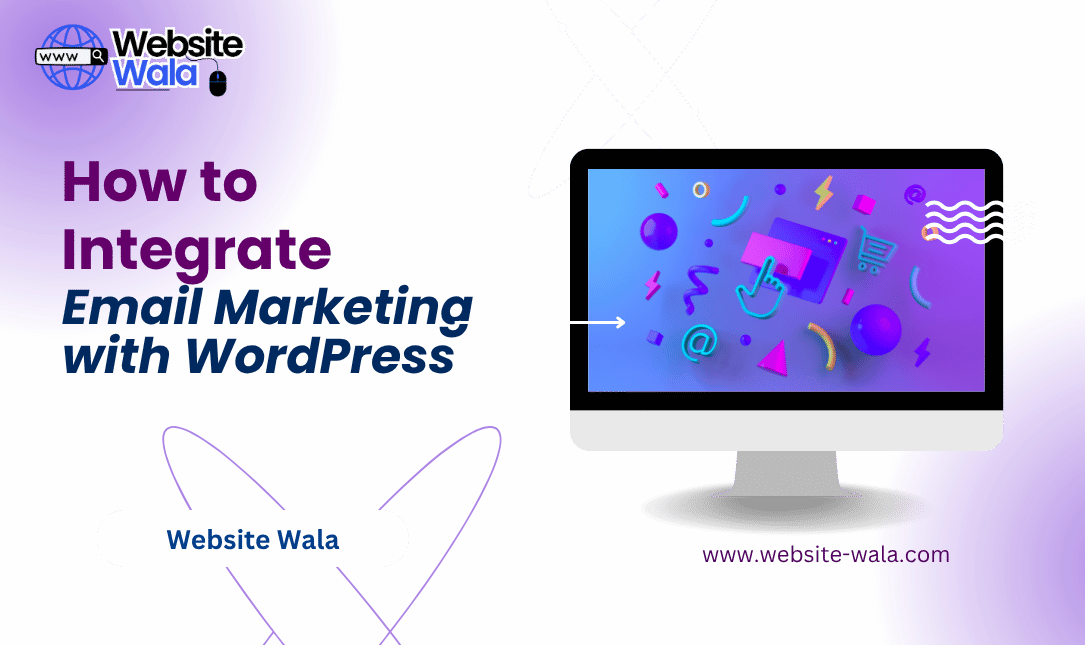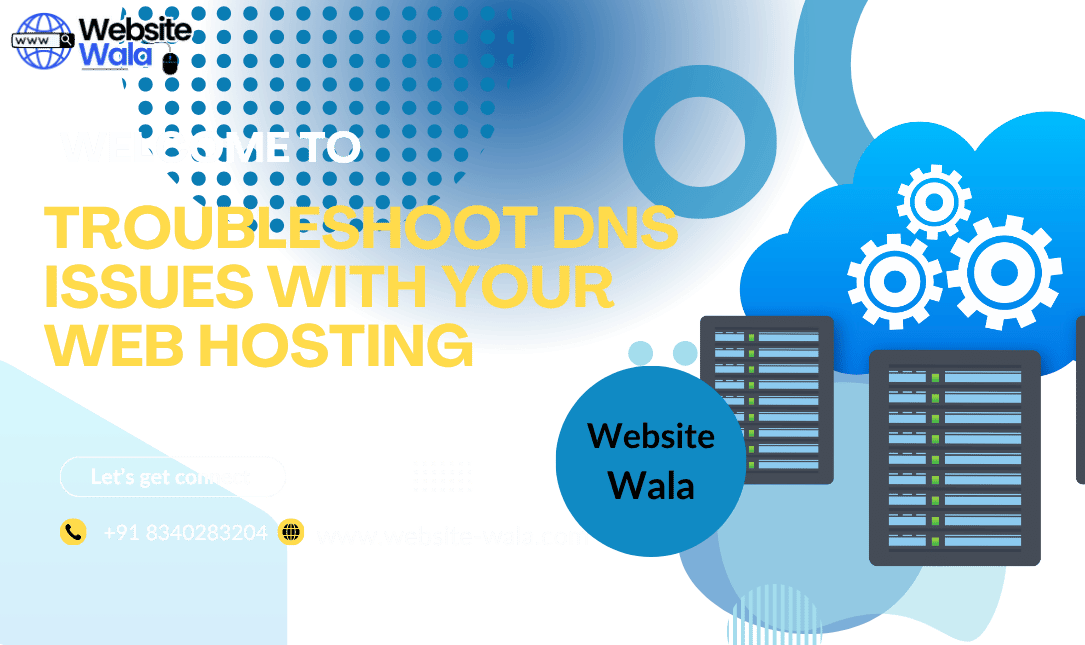
Learn How to Conduct Market Research for Digital Marketing to understand your target audience, analyze competitors, and build data-driven marketing strategies.
Introduction
In today’s fast-paced digital landscape, understanding your audience and the market you serve is essential for success. Knowing How to Conduct Market Research for Digital Marketing allows businesses to make informed decisions, design effective marketing strategies, and stay ahead of competitors. Through structured market research, brands can identify industry trends, evaluate consumer behavior, and uncover valuable customer insights that drive conversions and loyalty.
This guide provides a comprehensive roadmap on How to Conduct Market Research for Digital Marketing, helping marketers leverage data, tools, and analysis for smarter decision-making.
1. Understanding Market Research in Digital Marketing
Before learning How to Conduct Market Research for Digital Marketing, it’s crucial to understand what it entails. Market research involves gathering, analyzing, and interpreting data about your target audience, competitors, and market conditions. In digital marketing, this research extends to online behaviors, digital channels, and engagement patterns.
By conducting thorough market analysis, businesses can determine audience demographics, preferences, and purchasing motivations. This foundation supports brand positioning, competitive advantage, and the creation of targeted campaigns that resonate with consumers.
2. Defining Your Research Goals
When beginning How to Conduct Market Research for Digital Marketing, the first step is to establish clear objectives. Are you trying to enter a new market? Improve existing marketing strategies? Understand your consumer behavior?
Setting specific goals helps streamline your approach. For example:
-
Identify market segmentation opportunities.
-
Analyze competitor analysis insights.
-
Discover content gaps through keyword research.
-
Evaluate customer satisfaction through online surveys or focus groups.
Clear goals ensure your data analysis efforts stay focused and actionable.
3. Identifying and Understanding Your Target Audience
Knowing your target audience is the cornerstone of How to Conduct Market Research for Digital Marketing. Your audience defines your messaging, channel selection, and overall brand positioning.
Start by examining audience demographics such as age, gender, location, income, and interests. Combine this with psychographic data — attitudes, values, and lifestyles — to develop detailed buyer personas.
Tools like Google Analytics provide rich insights into who your visitors are, what content they engage with, and how they interact with your brand. This data analysis helps tailor campaigns to specific segments, maximizing engagement and ROI.
4. Analyzing Competitors for Market Insights
A key aspect of How to Conduct Market Research for Digital Marketing is understanding your competitors. Competitor analysis helps you recognize market gaps and identify strategies that differentiate your brand.
Start by listing your main online competitors. Analyze their:
-
Website traffic and SEO rankings
-
Social media presence and engagement
-
Content strategy and tone
-
Product offerings and pricing
Conduct a SWOT analysis (Strengths, Weaknesses, Opportunities, Threats) to assess where you stand relative to your competitors. This approach clarifies how you can refine your brand positioning and gain a competitive advantage.
5. Using Online Surveys and Focus Groups
Direct feedback from real customers is invaluable when learning How to Conduct Market Research for Digital Marketing. Online surveys and focus groups help gather qualitative data about your audience’s opinions, needs, and challenges.
Ask open-ended questions to discover:
-
Why customers choose your brand
-
What problems they face
-
How they perceive your competitors
Platforms like Google Forms, SurveyMonkey, or Typeform simplify the process of collecting and analyzing responses. Meanwhile, focus groups allow you to dive deeper into consumer behavior and emotional triggers that drive decisions.
6. Leveraging Social Media Monitoring
Social media is a goldmine of real-time data. Incorporating social media monitoring into How to Conduct Market Research for Digital Marketing allows you to track conversations, brand mentions, and emerging industry trends.
By observing what users discuss and share, you can:
-
Identify content that resonates
-
Spot trending topics early
-
Understand public perception of your brand and competitors
Tools like Hootsuite, Brandwatch, or Sprout Social simplify tracking and data analysis, providing actionable customer insights for campaign improvement.
7. Conducting Keyword Research for SEO
An essential component of How to Conduct Market Research for Digital Marketing is keyword research. It reveals how potential customers search for your products or services online.
Use tools like Google Keyword Planner, Ahrefs, or SEMrush to:
-
Identify high-traffic keywords
-
Discover long-tail search terms
-
Analyze competitors’ SEO strategies
This market analysis helps you create content that meets search intent, strengthens your digital marketing efforts, and attracts qualified leads. Incorporating relevant keywords into your content also improves your website’s visibility in search engine results.
8. Utilizing Data Analysis Tools
Effective data analysis is at the heart of How to Conduct Market Research for Digital Marketing. It transforms raw information into meaningful insights that shape your marketing decisions.
Google Analytics remains one of the most powerful tools for tracking website performance, traffic sources, and conversion behavior. Combine it with CRM data and social analytics to create a holistic view of your marketing ecosystem.
Through consistent data analysis, you can evaluate campaign effectiveness, monitor industry trends, and optimize for better results.
9. Segmenting Your Market for Precision Marketing
Market segmentation is a strategic part of How to Conduct Market Research for Digital Marketing. It divides your audience into smaller, manageable groups based on shared characteristics.
Common segmentation categories include:
-
Demographic: Age, gender, income
-
Geographic: Location and climate
-
Psychographic: Values, interests, lifestyle
-
Behavioral: Purchasing patterns and brand loyalty
This tailored approach ensures your marketing strategies address the right audience with personalized messages, increasing engagement and conversions.
10. Turning Insights into Marketing Strategies
Once you’ve gathered and analyzed data, the final step in How to Conduct Market Research for Digital Marketing is transforming insights into actionable marketing strategies.
Use your findings to refine your brand positioning, content creation, ad targeting, and social campaigns. If your consumer behavior data shows a preference for video content, invest more in platforms like YouTube or TikTok. If competitor analysis reveals market gaps, fill them with unique offers or content.
Conclusion
Mastering How to Conduct Market Research for Digital Marketing empowers businesses to make data-driven decisions and connect authentically with their audiences. By combining online surveys, focus groups, keyword research, social media monitoring, and data analysis, marketers can uncover actionable customer insights that shape successful campaigns.
Understanding your target audience, analyzing competitors, and tracking industry trends are not one-time tasks — they’re ongoing processes that fuel growth and innovation. With structured market research, your brand gains the competitive advantage needed to thrive in the digital age.























